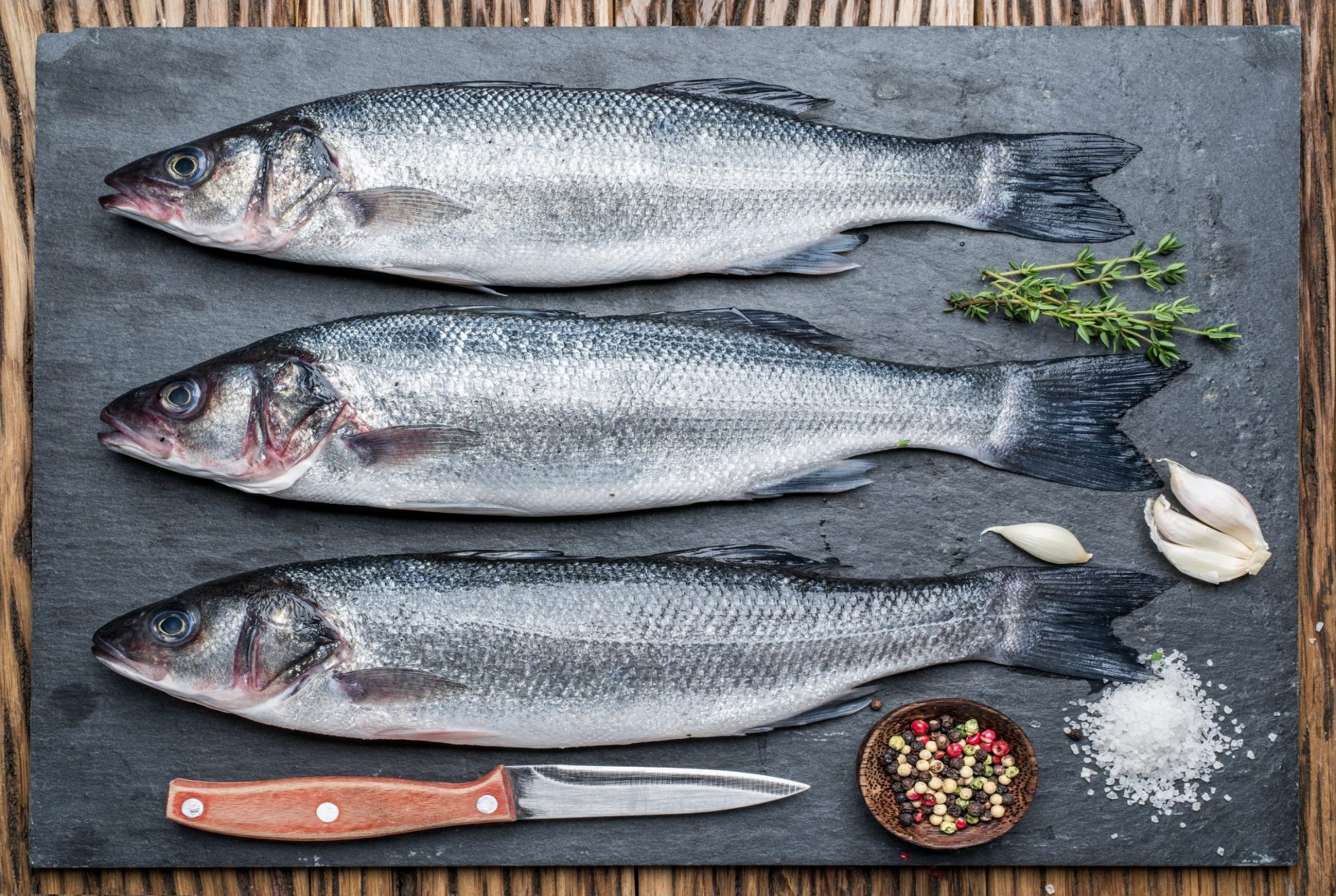Union Warns About Grave Situation in Rail Construction and Maintenance Company
7 February 2022 - The trade union of workers in the Pružne građevine Ltd., specialised in the construction, design and maintenance of railway and electrical infrastructure along railway routes in Croatia, on Monday warned about debts and a serious situation in this company with 1,400 employees.
The trade union sent an open letter to Prime Minister Andrej Plenković and Transport and Infrastructure Minister Oleg Butković, emphasising that failure to act in a timely fashion could drive this Croatian company into a disaster.
The union threatens to stage industrial action and protests unless rapid action is taken to address current issues in relation to the transfer of Pružne građevine Ltd from the ownership of HŽ Infrastruktura (Croatian Railways Infrastructure) to the Centre for Restructuring and Sale (CERP).
It also accuses the HŽ Infrastruktura director, Ivan Kršić, of failing to stick to the plan to transfer the company to CERP.
The union's press release underscores that outlays for the maintenance of railways for a four-year period have been slashed from a billion kuna to HRK 460 million.
Therefore, it is necessary to find solutions for the renewal of the machinery and for funds for severance packages for lay-offs.
The union proposes that the debts in the amount of HRK 50 million should be taken over by HŽ Infrastruktura, as CERP's ownership of Pružne Građevine puts the latter in a new position surrounded by uncertainties.
(€1 = HRK 7.5)
Croatia Agriculture and Food Exports Jump in 2020, Imports Fall
December 19, 2020 – A surprising success story in a difficult year as Croatia agriculture and food exports jump in 2020, while imports of the same have fallen
Good news from any place is welcome in this most difficult of years. According to provisional data from the country's Central Bureau of Statistics, the total value of Croatia agriculture and food exports in the period from January to September 2020 amounted to 1.7 billion Euros, an increase of 5 percent from the same period in 2019. Within the same period, the value of agricultural and food imports into Croatia was 2.5 billion Euros, a decline of 7.3 percent from last year.
The success of Croatia agriculture and food exports in the period means that the country's trade deficit has decreased by huge 26.6 percent compared to the same period last year. With this year's findings taken into account, the trade deficit now stands at 758.8 million Euros. © Romulić & Stojčić
© Romulić & Stojčić
Croatia agriculture and food exports covered 69 percent of total imports this year, an increase of 8.11 percent. A total of 15.86 percent of all exports from the country come from the Croatia agriculture and food exports sector.
The most important item of production within the sector is corn, which accounts for 5.4 percent of all Croatia agriculture and food exports.
From January to September 2020, the most significant products in exports were: cereals (205.4 million Euros – a growth of a huge 62.6 million Euros); various food products (168.1 million Euros – including manufactured/processed foods like sauces, soups, ice cream, sugar products); fish and other seafood (a huge 147.4 million Euros – showing a growth of 14.5 million Euros); cereals, flour, starch or milk products; confectionery products, including chocolate (135.9 million Euros – a growth of 13.8 million Euros), and tobacco-related products (122.6 million Euros). TCN recently took a closer look at the successful and well-established Croatian chocolate industry
Other successes within 2020 Croatia agriculture and food exports were live animals, with an increase of 10.1 million Euros, and the residue and waste of the food industry, which is exported to go into prepared animal foods. The latter saw an increase of 8.6 million Euros.
So far this year, Italy was one of the most important destinations for Croatia agriculture and food exports. Their total consumption of Croatia agriculture and food exports was 300.8 million Euros, which amounts to 17.76 percent of Croatia's exports in the sector. Croatia agriculture and food exports to Italy increased by 21.9 percent this year, while imports from Italy to Croatia in the same period was 263 million Euros, a decrease of 16.6 percent on 2019. This creates a surplus of 37.6 million Euros.
The most important Croatia agriculture and food exports to Italy are maize, wheat and soybeans, tobacco-related products, sea bass (brancin) and bream (orada).
For the last five years, Croatia agriculture and food exports top consumer has been Germany. For the past seven years, Germany has also been the country from which Croatia has imported the most.
Why Do The Chinese Really Want To Invest So Heavily In Croatia?
From the construction of Pelješac bridge to planning to build a car factory in southern Dalmatia's Neretva valley, to displaying interest in potentially rescuing the enfeebled Croatian shipyards Uljanik and 3 Maj, the Chinese are no strangers to showcasing their investment interest in Croatia.
Croatia has earned itself a less than positive reputation among foreign investors, alright, let's not be so politially correct and say that Croatia is a burning hot mess in the eyes of foreign investors. ABC has come to mean ''Anything but Croatia'' in foreign investment circles, and many are simply bypassing the country entirely. That's not to talk about local, Croatian investors who have been dragged through the proverbial mud twice or even thrice the amount. Given the somewhat depressing statistics, just why are the Chinese suddenly so deeply interested in investing such huge sums of money in Croatia?
While many have welcomed the money-laden offers of the Chinese, others have remained cautiously optimistic, and some have made no qualms about being vocal in their dismay at the thought of the Chinese coming and ''taking over'' by investing heavily in Croatia's many pressing strategic projects. The motives that push the Chinese towards closer and closer ties with Croatia tend to end up as mere hearsay and solacious gossip in the comment sections of various portals, but what do the experts believe?
As Novac/Marina Karlovic Sabolic writes on the 12th of April, 2019, the Chinese are truly incredible people. They come to Croatia every ten years, and the Croats immediately forget about all of the Chinese "bofl" goods they've spent their lives purchasing and throwing away. They suddenly become blissfully unaware of the dreaded "Made in China" mark that everyone gets so sick to the back teeth of seeing plastered all over basically anything. Instead, their innermost desires display blurry images of an ailing Uljanik, of Tito's rotting memorial complex in Kumrovec, of Rijeka's port, and even football stadiums, Slobodna Dalmacija writes.
Does anybody bother to ask in this country what the Chinese will ask for in return, however? Entering into the dubious and somewhat unpredictable world of Croatian shipbuilding, constructing a much needed railway line and maybe rescuing a port in Rijeka all before dinner time will come with a price tag, and likely a hefty one. The situation when that bill inevitably arrives is one that tends to be what fills the militant online naysayers with fuel, and dread.
''Don't be afraid, China will not demand that the Communist Party be established in Croatia or that it rules the country,'' prof. Dr. Vlatko Cvrtila, one of the most prominent Croatian geopolitical experts, stated. He also added that in its long-term strategic plans, China really doesn't have any sort of idea of introducing a single-party system in the countries in which it invests its money. Their interest, claims Cvrtila, is of quite another nature.
''The Chinese don't invest because they have a lot of money and they want to go around giving it out. There's no philanthropy in international relations. All they invest in is related to their global strategy of creating influence and linking the Eurasian world in a continental way. By investing in infrastructure, ports, roads and railways, they enable their goods to reach their customers more easily,'' says Cvrtila.
Such an approach, he points out, is legitimate for a country that has boasts such great economic potential at this time like China does. Their mega-project, the Silk Road, which would increase the possibility of land transport, aims to reduce overall dependence on maritime traffic restrictions.
Cvrtila notes the US administration's estimates and warnings that China will one day turn its massive economic influence into strategic power as well. This is something that United States, which is already competing with Russia, doesn't think well of. However, China is now quietly placing all of its cards on the economic side of the story.
''In order to maintain its economic growth, China must have a market. In infrastructure projects, they actually make the market more widespread. China can't stop, while it's riding the bike it needs to rotate the pedals. The Chinese are present everywhere where they can create prerequisites for the distribution of goods. In Greece, they're in the ports, in Montenegro, they're dealing with the construction of a motorway, in Croatia, they're building Pelješac bridge. This is a win win situation for everyone, because in the long run, any investment in infrastructure can improve a country's economic performance,'' says Cvrtila.
China has, therefore, created the 1 + 16 formet in Southeastern Europe where its usually large-scale investments help countries that otherwise don't have a lot of foreign investment.
''Europe has survived a difficult financial crisis and there is no "free finance" which would enter JI Europe. China's investment is actually beneficial for Europe, because along with China, the European Union has developed non-competitive but increasingly strategic economic relations, realising in time that they [the Chinese] can contribute to its economic growth,'' emphasises Cvrtila.
Croatia, according to him, is fortunate because it is strategically quite well positioned: it is closer to the heart of Europe than it is to Northern Europe. And, de facto, it is located at the intersection of the roads between the East and the West.
Unfortunately, Croatia hasn't used its geostrategic advantage yet. LNG terminal stands, as do the new train lines. It's also important to revitalise the Port of Rijeka so that Croatia can profit in the fast transport of goods to European consumers. We don't have our own investments, Europe has no capacity anymore, which is why the Croatian Government is seriously considering deals from China,'' concludes Cvrtila.
Therefore, there's no need for Croatia to be afraid of the Chinese, but rather actually use them for its own interests.
Make sure to follow our dedicated business page for more information on Chinese-Croatian relations, Chinese business plans in Croatia, and much, much more.
Click here for the original article by Marina Karlovic Sabolic for Novac/Jutarnji


